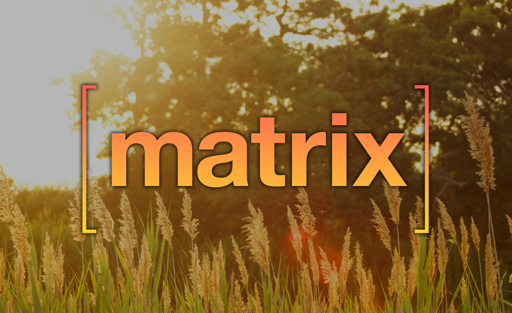

Or we can take the process-based approach, where we stop caring about defining boxes perfectly and we start caring about patterns of thoughts and behaviors. This may sound woowoo or without empirical basis, but some of the most successful programs for verbal autism are based on these ideas, the AIM and PEAK programs.













I’m glad you’ve seen positive results with physical therapy.
I’d argue that a good physical therapist will understand the cause of the injury, so that they make a good treatment plan. Similarly, a good (contextual) behavior analyst will understand the causes for their patients’ difficulties, so that they can make a good treatment plan. When you know where you’re standing, it’s easier to move forward. That is why evaluation is crucial in both physical therapy and programs like AIM and PEAK.